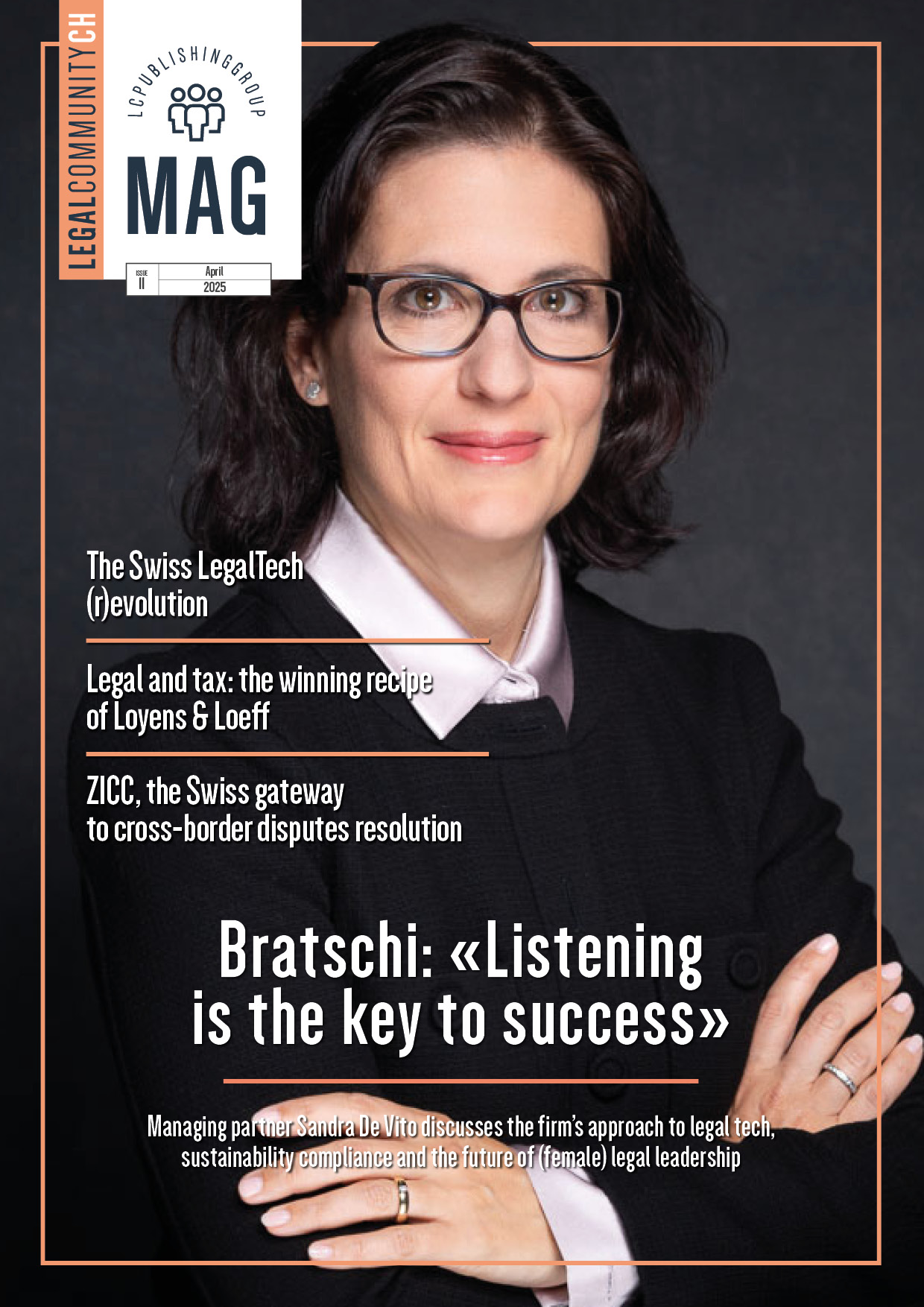From past to present: the importance of gender balance
by Ricardo Cortés-Monroy
 I am currently involved in a fascinating project at the university where I study the Classical Antiquity field. It concerns exploring the extent to which representations of women in Augustan literature can be seen as exempla. The time frame is, of course, from 27 BC to 14 AD and we are mostly analyzing historian Livy and poets Vergil, Ovid, Horace and Propertius. At the risk of over-simplifying things, one encounters different versions of some iconic Roman female models providing a rich and multi-layered perspective of, for example, the virtuous Roman matron (Lucretia, Veturia), or the temptresses or wicked-prone-to-debauchery foreign queens (Dido, Cleopatra, Tanaquil).
I am currently involved in a fascinating project at the university where I study the Classical Antiquity field. It concerns exploring the extent to which representations of women in Augustan literature can be seen as exempla. The time frame is, of course, from 27 BC to 14 AD and we are mostly analyzing historian Livy and poets Vergil, Ovid, Horace and Propertius. At the risk of over-simplifying things, one encounters different versions of some iconic Roman female models providing a rich and multi-layered perspective of, for example, the virtuous Roman matron (Lucretia, Veturia), or the temptresses or wicked-prone-to-debauchery foreign queens (Dido, Cleopatra, Tanaquil).
As always, one must research the secondary -modern- sources so to understand the different takes and approaches on the matter during the last decades. Probably the most interesting has been to learn how modern feminists and gender studies scholars look at this literary evidence, comparing and contrasting it with other material and cultural sources, under current anthropological and psychological theories and approaches. And most certainly one will be struck by the fact that these ancient Roman literary representations were written by (elite) men, for (elite) men, generally capturing the mores of Augustan policy regarding ‘morality’, including an enhanced complete dominance over women.
Fast forward two millennia. Of course we are far away from such ‘gender imbalances’. Yet, my apologies for being blunt, can anyone explain to me why NONE of the Dow Jones index companies in the USA has a woman as a CEO? I repeat, NONE. I live in a country, one of the richest in Europe, where women got the right to vote only 50 years ago. The arguments for one or the other issues were all to familiar: customs (or Roman mos maiores), men protecting women (Roman patria potestas). And when there is pressure for a change some will get scandalized and raise culture wars (Roman ‘o tempora, o mores’). At least the latter are honest about it. More insidious are the companies paying lip service to a gender balance agenda.
Have you realized how many CEOs publicly say they embrace a gender balance agenda but only nominate women in what they consider less key areas such as HR and Legal? They rarely nominate women in business line roles. I can’t say whether it is on purpose or that the old Roman boys-only club approach continues in our collective mores. I invite you; take a look at the leading companies and their executive boards’ compositions. The very offensive excuse that there are few women in the pool of candidates is ludicrous and patronizing. Yet the trait continues. The parallels with lip service sustainability are irresistible, by the way.
On the bright side, I believe things are changing for the better albeit rather slowly. They will still take a long time and probably some additional legislation and enforcement. The most difficult aspect might be us, men, at home. The partnership and balance starts at home, raising together the children, working both twice: at work and at home. The Scandinavian model is just great, isn’t it? And, as legitimately irritating the woke and misguided ultra-feminism can be, it is nothing compared to centuries of injustices. Just an ephemeral over correction that should not distract us from the big picture.
As a general counsel, obviously, we have a huge role in this. Support women in your teams. Be fair, be practical, provide a listening ear and a caring shoulder. Mentor, develop, support the colleagues in the 25-45 years old range. It is a simple thing to do, avoid over engineering it. And be like a good marathon runner: gender balance is an effort that must be permanent. The lawyer I am most proud of is a young woman currently a mother of two, pregnant, general counsel and head of HR, studying an MBA and sought after by leading head hunters. If I could I would tell you her name. Maybe in two millennia people will study XXI st century literature and find people like her as pioneers and role models. Or what good old Livy would call, an exempla.
















